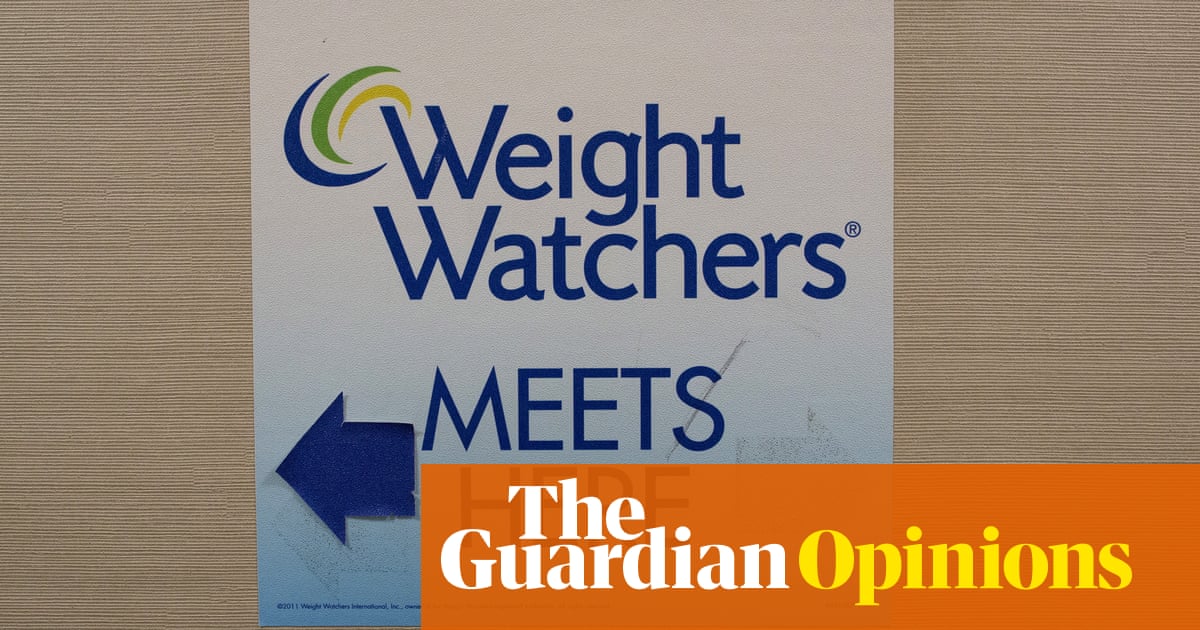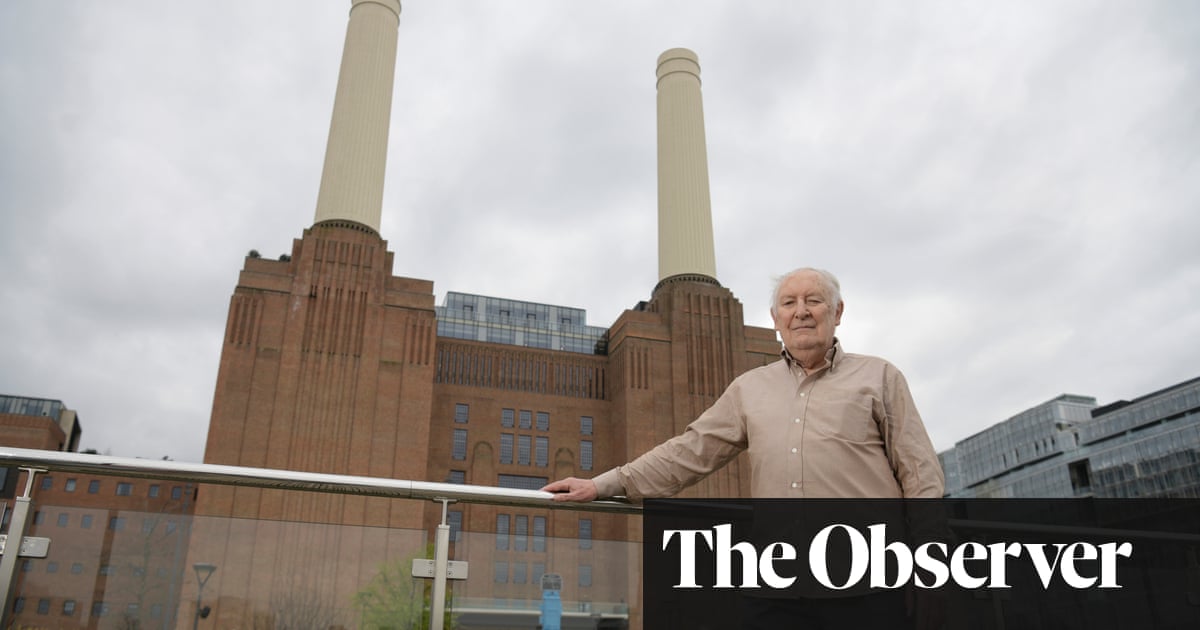
“Please don’t let them send me away. All my life I’ve been passed around like a parcel.” Luke, 19, was sitting in front of me, his arm bandaged and crisscrossed with old razor cuts. I’d been told by staff that his repeated self-harming meant he wasn’t really “suitable” for the opportunities in their training prison, so he’d be sent back to the old, overcrowded one he’d come from.
“Hello – it’s me again!” The last time I’d seen Donna, she was about to be released, clean of drugs for the first time in years. She was back just over a year later – homeless and unemployed, she had gone back to using drugs, and then deliberately committed enough petty crime to get back into prison and get clean again.
I saw scores of Lukes and Donnas in the nine years I inspected prisons. Under the new justice secretary’s proposals, they would probably be released even earlier than they were when they last came through the revolving door. But what then, given the parlous state of the probation, mental health, social housing and other community services? Early release may keep them temporarily out of prison but it won’t solve the problems that got them there without investing in alternatives.
There are hopes that James Timpson, the new prisons minister, will get to grips with this. Very unusually, he is someone who doesn’t just see this post as a stepping stone to higher office. Previous prisons ministers may have outlasted a lettuce, but not a whole harvest season: their average lifespan since 2021 has been six months. Timpson is indeed a longstanding prison reformer who understands not just what can be done in prisons, but what needs to happen outside them: he grew up alongside foster siblings, and has created and advocated for employment opportunities in and outside prison.
Many young people, like Luke, were in effect excluded from society long before we locked them away in prison: they fell out of the education system, family stability and mental health services before they fell into drugs, gangs and crime. Many others, like Donna, find life outside prison even harder than it was before they went in. They may have lost homes, jobs, families – if they ever had them. Prison may be the first place they can find the mental health support, training, and drug and alcohol rehabilitation they always needed. It may also be the only place, as overstretched community services buckle under the strain.
We undoubtedly need better prisons, to provide people with the possibility of change. With crumbling infrastructure, a booming prison population and too few and too inexperienced staff, that promise has been severely compromised. The Prison Service is still recovering from drastic austerity cuts, unable to do what good governors and staff want to, and haemorrhaging one in four new staff every year.
But no matter how well prisons work, they cannot compensate for what happens upstream and downstream. Just investing in prisons in order to improve public safety is like investing only in accident and emergency services to improve public health. Of course, we need to replace old prisons with newer ones, but the aim must be to reduce, not expand, the number of prisoners – redirecting resources to the services that can prevent people getting into crime or help them desist from it.
Look at youth justice. In 2006, there were about 3,000 under-18s being held in custody in England and Wales; in 2022, there were 440, and the latest figures show the number of proven offences by young people is 65% lower than it was 10 years ago. In large part this is because of the work of youth offending teams, based in local authorities and working with police, probation, education, health, housing, children’s services and charities, to prevent offending and reoffending.
Yet, as Luke found, once a young person hits 18, all that falls away, and prison becomes the default setting.
This poses considerable risks for the new ministers. Their levers for change are indirect: they don’t run services. And those running prisons have become accustomed to a centralised, top-down approach, often driven by short-term expediency. The new government has said it will change the planning regime to override public objections to new prisons. But will it be equally robust in facing down public indignation if a governor with devolved powers makes a misjudgment, or if there is a high-profile case involving someone released early, followed by demands for even longer sentences?
That is how we got the notorious imprisonment for public protection (IPP) sentences. The average length of prison sentences has nearly doubled since I began inspecting prisons, one of the key drivers of the prison population explosion.
The expectations for reform under this new government are high. Shabana Mahmood’s proposals offer a necessary breathing space, but they are not a solution. New ministers inherit broken and demoralised prison and probation services, as well as chronic underfunding of the other services that should sit around them. There is a lot of building work to do – over years, not months – and it isn’t about building yet more walls, it’s about improving what goes on behind them and what needs to happen outside them.
Anne Owers was chief inspector of prisons from 2001 to 2010












